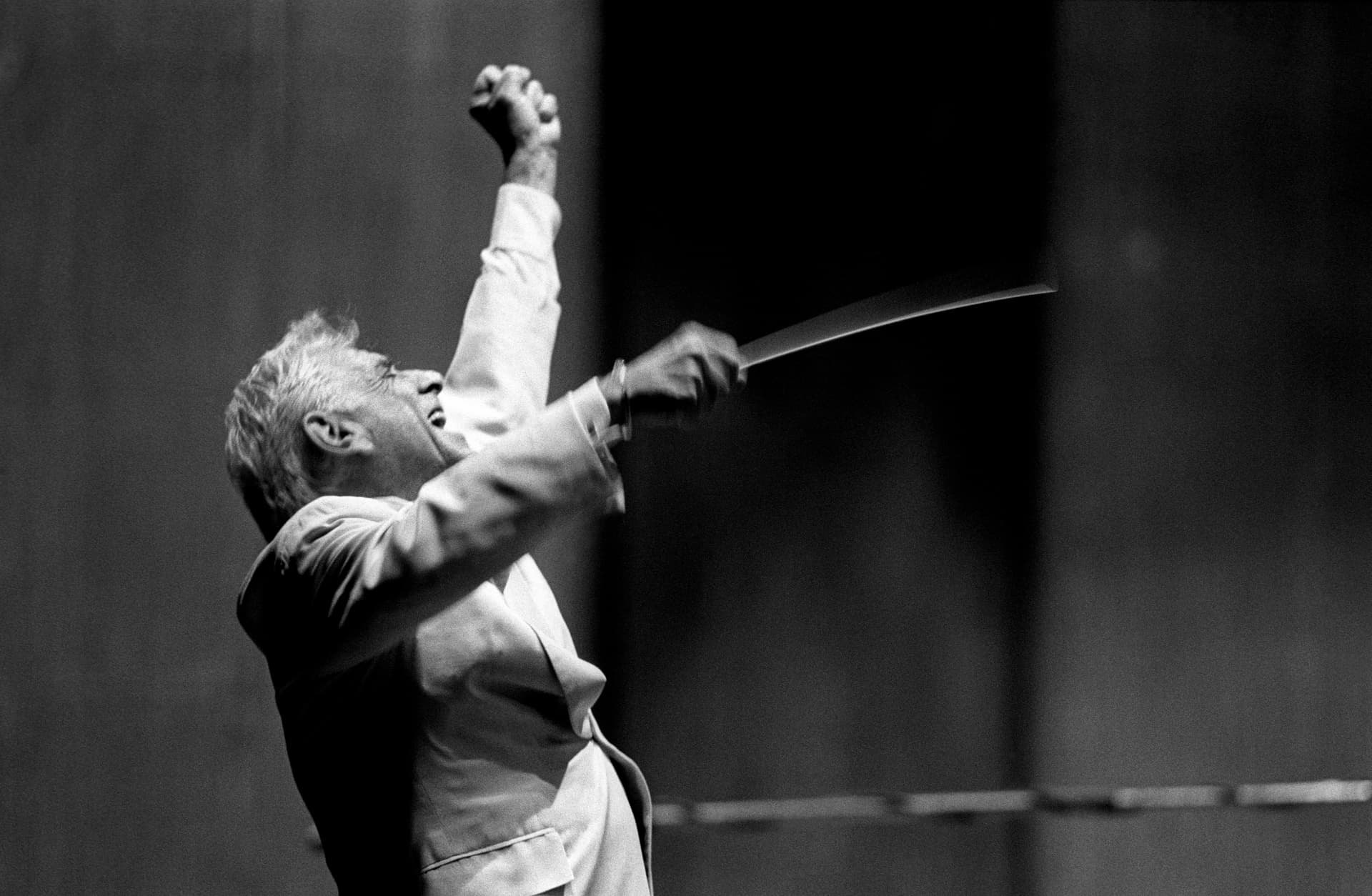Leonard Bernstein
Streaming Now
About Leonard Bernstein
Leonard Bernstein (1918 – 1990) was an American composer, conductor, pianist, and educator. He earned global recognition as the first American-born conductor to lead a major symphony orchestra when he became music director of the New York Philharmonic.
He further guest-conducted top orchestras worldwide, including the Vienna Philharmonic, London Symphony Orchestra, and Israel Philharmonic Orchestra.
As a composer, Bernstein created works that spanned multiple genres, including Broadway musicals, symphonies, ballets, and film scores. His three symphonies, Symphony No. 1 "Jeremiah", Symphony No. 2 "The Age of Anxiety", and Symphony No. 3 "Kaddish" explored Jewish themes and philosophy.
Beyond composition and conducting, Bernstein was an educator who made classical music accessible to the public, mainly through television. His Young People’s Concerts with the New York Philharmonic, broadcast from 1958 to 1972, introduced millions of children and adults to orchestral music. He also gave masterclasses, wrote books, and advocated for music education worldwide.

What are some of Leonard Bernstein’s most famous works?
His most famous works include West Side Story (1957), Candide (1956), On the Town (1944), Chichester Psalms (1965), and Mass (1971).
Did Leonard Bernstein work in television?
Bernstein hosted the Young People’s Concerts (1958–1972), which introduced classical music to young audiences and aired on CBS. He also appeared on educational programmes such as The Unanswered Question.
Did Leonard Bernstein win any major awards?
Bernstein won 16 Grammy Awards, including a Lifetime Achievement Award and a Tony Award, as well as received a Kennedy Center Honor in 1980 for his contributions to music and culture.
Did Leonard Bernstein compose film scores?
Bernstein composed the score for On the Waterfront (1954) - directed by Marlon Brando - which was his only film score but is considered one of the greatest in cinema history.







